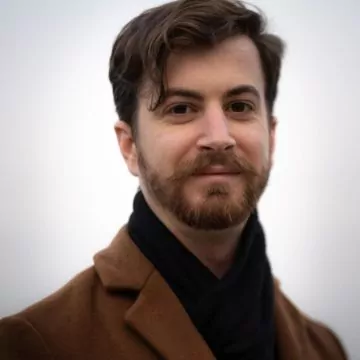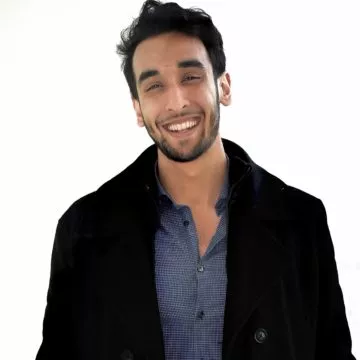The Scoville Fellowship provides $1,000 in professional development for fellows to attend relevant conferences and meetings that could cover travel, accommodations, and registration fees, take language or policy courses, or purchase a subscription to a publication.
The expenditures should be related to the fellowship activities. The stipend request must be approved by the fellow’s supervisor and by the fellowship.


